#Ancient Roman poetry
Text
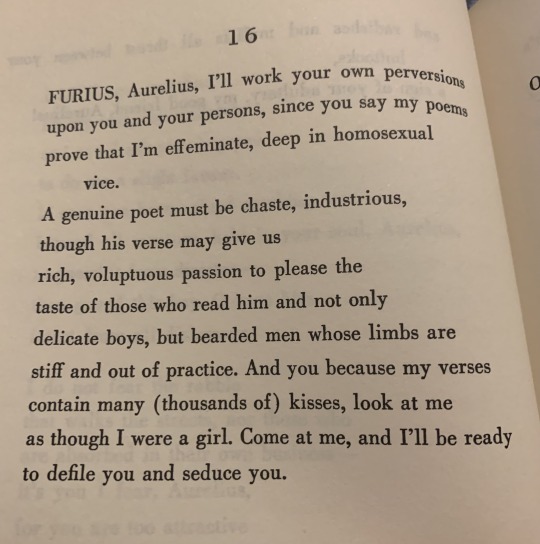
How dare this man do what he did to Catullus 16
11 notes
·
View notes
Text
You are the bearing beam that props my ruins;
If I'm still something, you have all my thanks;
It's you who've seen that I'm not stripped and plundered
By those who from my wreckage seek the planks.
Ovid, To His Wife
#Ovid#Tristia#Sorrows of an Exile#To His Wife#support#love#love quotes#health#mental health#Latin poetry#Ancient Roman poetry#poetry#poetry quotes#quotes#quotes blog#literary quotes#literature quotes#literature#book quotes#help#assistance#not to me#not if it's you
15 notes
·
View notes
Text
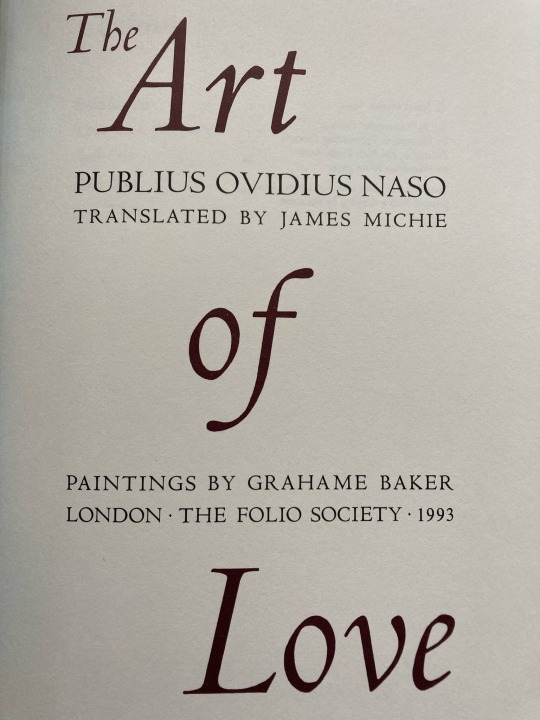
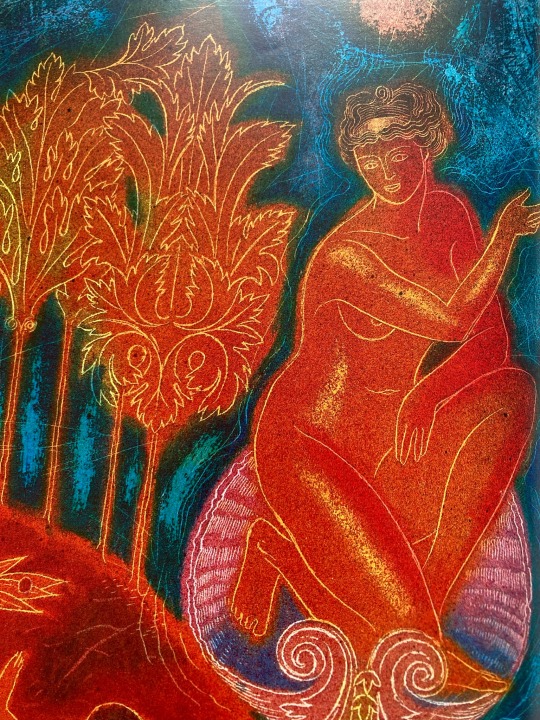
The Art of Love, by Ovid
#just finished#books#reading#bookworm#ovid#art of love#love poetry#poetry#ancient roman poetry#classical poetry#tagamemnon
3 notes
·
View notes
Text

catullus my babygirl........
#dykepulpfriction#dykepulpfriction art#art#my art#doodle#shitpost#catullus#gaius valerius catullus#rome#ancient rome#roman history#tagamemnon#late roman republic#roman republic#roman poetry#his new fucking poem#ignore the shit quality of this lmao
312 notes
·
View notes
Text
Sally, after Percy tells her about the battle with the giants: So what did we learn today about tending to every injury, even minor ones, immediately?
#the nosebleed at the end of the world#percy jackson#percy jackon and the olympians#percabeth#pjo#annabeth chase#hoo#heroes of olympus#jason grace#nico di angelo#piper mclean#frank zhang#hazel levesque#reyna avila ramirez arellano#reyna ramirez arellano#rome#greece#roman#greek#greek tumblr#greek posts#greek mythology#greek gods#greek poetry#ancient greece
160 notes
·
View notes
Text
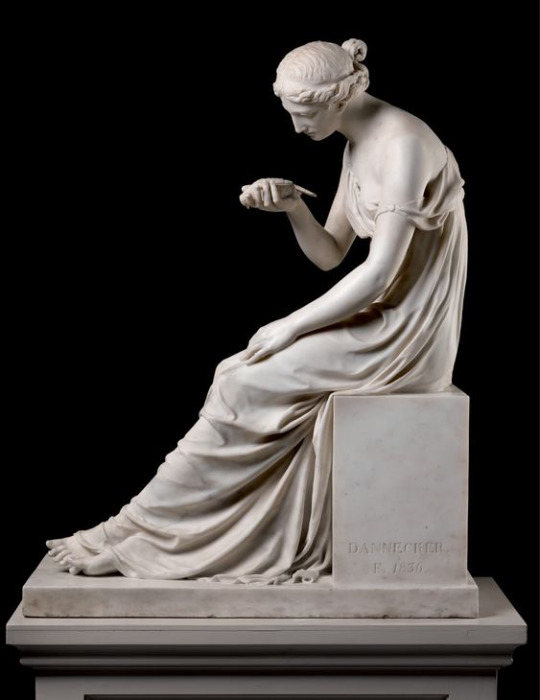
Johann Heinrich von Dannecker (1758-1841)
"Lesbia and her Sparrow"
Marble
Neoclassical
#sculptures#art#artwork#ancient rome#female portrait#johann heinrich von dannecker#marble#marble statue#fine art#neoclassical#neoclassicism#german artist#female figure#bird#birds#sparrow#animals#roman poetry#drapery
925 notes
·
View notes
Text
Ancient Roman Poets on a Modern Date
Catullus (Gaius Valerius Catullus)
If you meet him before Lesbia, he will be charming, eloquent, and happy to go wherever you like, although his funds could be limited. Even so, he'll make sure you both enjoy yourselves. Theater or concert tickets in the plebian--nosebleed--section, for instance. If you meet him after Lesbia, there is a possibility he will spend the entire time trauma-dumping about his ex. If you also have one to complain about, this could be cathartic.
Virgil (Publius Vergilius Maro)
He takes you out to his beehive dressed in full bee-keeping gear to introduce you to his bees and then goes inside, where you sample different varieties of honey drizzled over fruit. He is sweet, but does talk about fields and bees a lot.
Ovid (Gaius Valerius Catullus)
Let's be honest. This might be more of a Tinder or Grindr hookup than a date. However, it's possible you met at a theater, race track, parade, or seaside resort. If you are aro/ace, run away. If you aren't and you are interested in seeing if he truly is proficient as a teacher of love, stick around. Don't expect him to be faithful, however. And although his manners are perfect, remember that it's an art and a game to him, so guard your heart.
Horace (Quintus Horatius Flaccus)
He'll take you out for a night of expensive dining and pay for it solely because the friend of a friend that owns the place owes him. He is charming company and can get you into any exclusive club or private experience you want to go to, but will expect reciprocated favors. Also, he turns on the charm, but absolutely expects to be complimented in return.
Sulpicia
She plays hard to get initially, not wanting to be too obvious with her affection. The first date will be YOUR choice. Pick well and she'll follow that with a candlelit dinner and eternal devotion. She does have expensive taste, however, and she would absolutely report you to her scary uncle if you break her heart.
Martial (Marcus Valerius Martialis)
He takes you on a picnic. Despite this being in the country, he'll opt for fine wine and gourmet food. He's easy to talk to, funny, and catty with his gossip. However, he'll also go on about his childhood in the country and how he went hunting and fishing and how he misses the simple country life. (All while sipping from an expensive goblet.)
Livy (Titus Livius)
He takes you to a museum and acts as your tour guide throughout the entire thing. Who knew that your date would double as a living and breathing audio tour? You're supposed to eat at the museum cafe, but you may not make it there before it closes... If you're a fan of history, you're in for a treat.
Iullus Antonius
Iullus is a huge romantic and just as charming as his famous father. He will show up with flowers and take you on a date in a small, undiscovered restaurant and to a lot of cute places that are off the beaten path. Whether you hit it off romantically or not, he's the kind of guy who could be your ride or die. (Spoiler alert, when he says he's your ride or die, he's extremely serious. 💀)
Albius Tibullus
When he falls, he falls hard. He takes you on a date in an orchard. This includes picking grapes and then tasting wines. If the date is before he was entranced with one of the lovers he wrote about, all is well. If not, he might get a little teary eyed about his past love(s). He is polite, sweet, attentive, and apologetic though.
Juvenal (Decimus Junius Juvenalis)
He takes you to an expensive restaurant and makes it clear he is only paying for HIS meal. The entire time he criticizes everyone else in the restaurant for being posers and judges them based upon appearance, status, and gender. His date is not a safe place for anyone who doesn't fit his definition of traditional values. Definitely talks about kids these days and the degradation of society.
#inspired orginally by @just-late-roman-republic-things#ancient rome#ancient roman memes#classics memes#ancient roman poets#okay yes I added Iullus because I feel bad for him and Julia and I wish some of his poetry had survived#and yes some scholars believe sulpicia isn't actually a real historical figure or did not write the poems but I wanted representation#and personally Iullus or Virgil for first choices#tho I love catullus and would also pick him#national poetry month
103 notes
·
View notes
Text

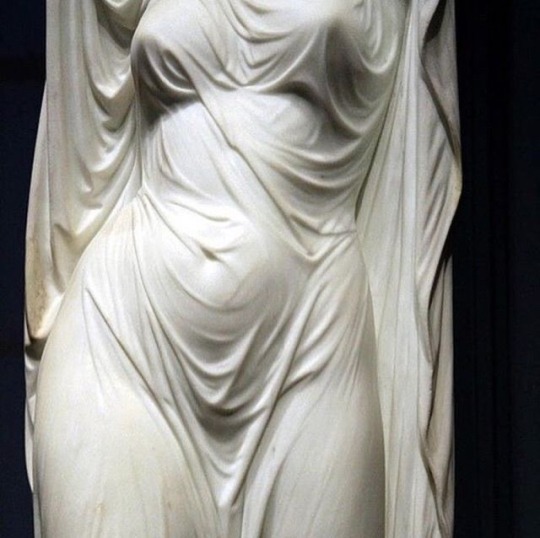

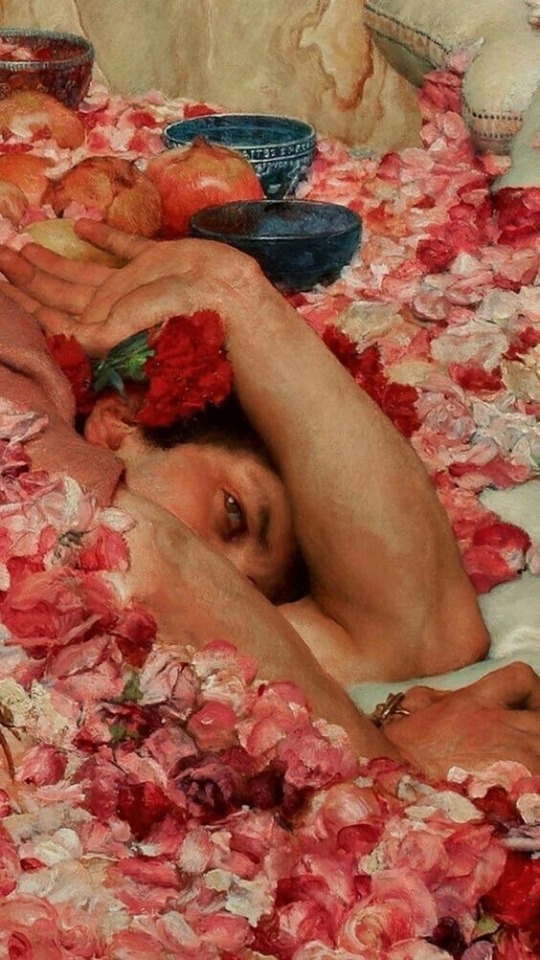

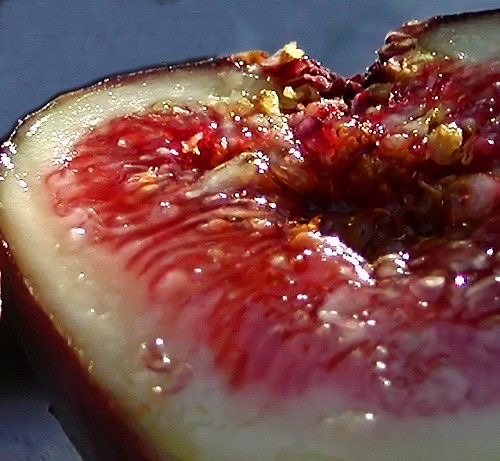


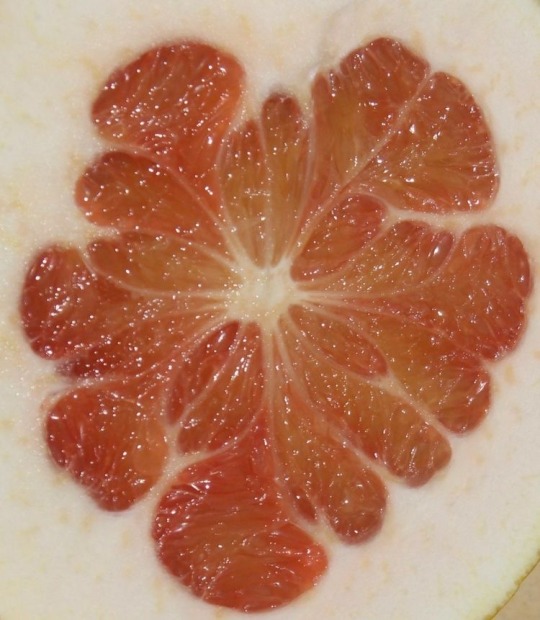

My vibes (I’m Persephone)
#coquette#harry styles#lana del rey#waifspo#art deco#art nouveau#arthistory#renaissance#tpwk#greek poetry#greek posts#greek texts#greek blog#ancient greek#greek mythology#classical mythology#persephone#aphrodite#roman mythology#god#goddess#divination#divineguidance#divine messages#divine female#pomegranate#grapefruit#flowers#fairy aesthetic
1K notes
·
View notes
Text



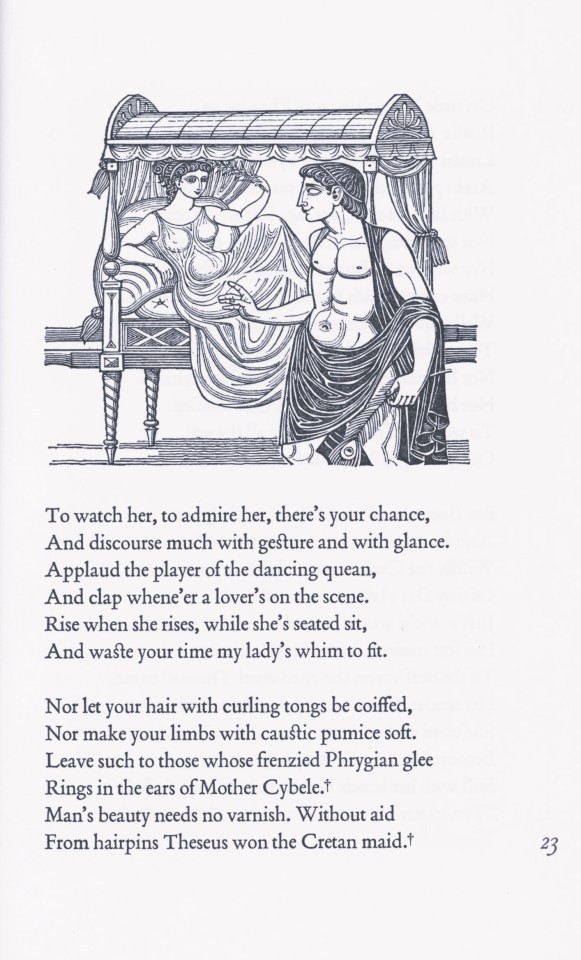
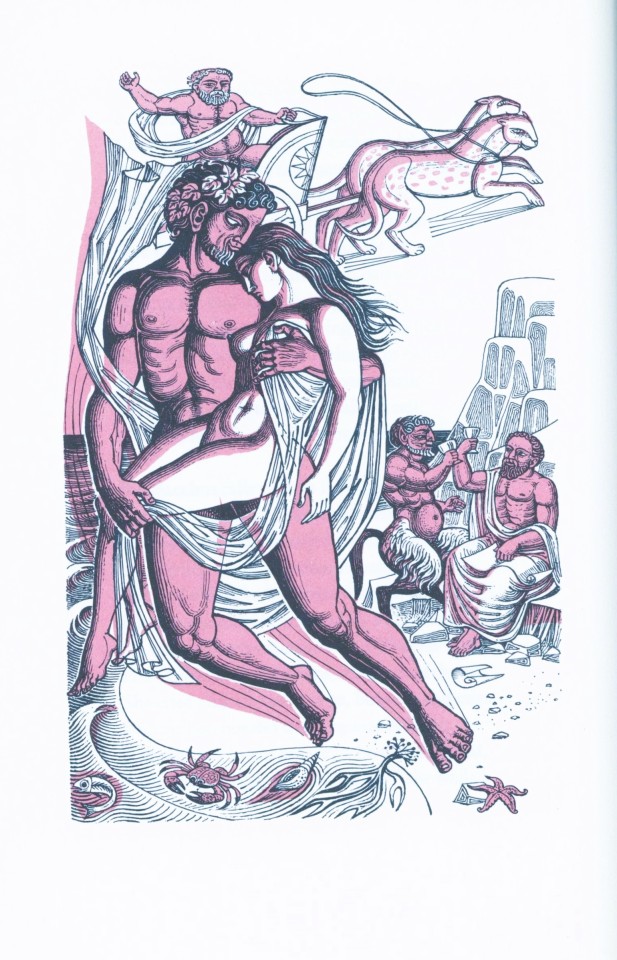

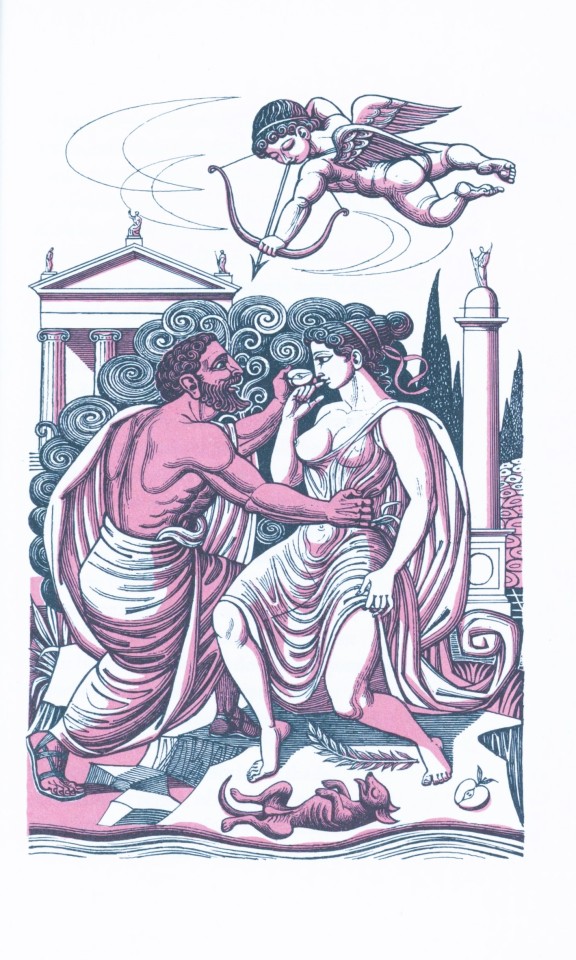


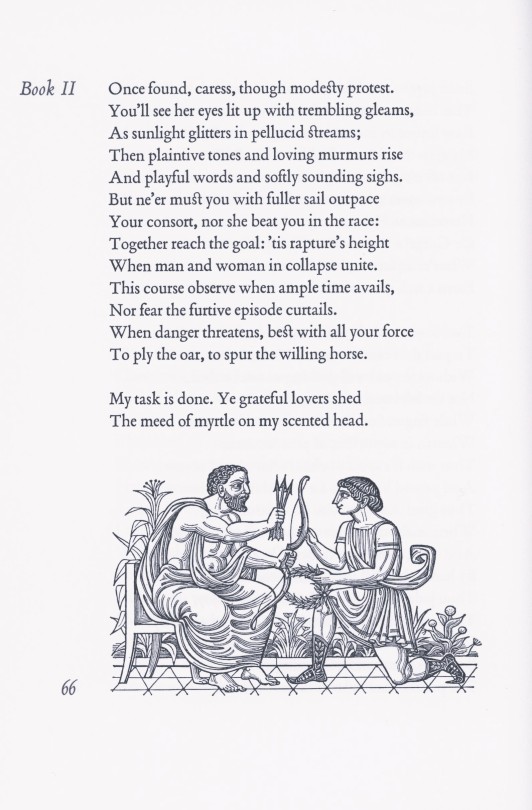

Classic Lessons in Love
Publius Ovidius Naso (43 BC-AD 17/18), more familiarly known as Ovid, was a Roman poet most famously known for his mythological history of the world, Metamorphoses. His satirical and sometimes dark take on all the intricacies of love and relationships is exhibited in Ars Amatoria. The Art of Love is a 1971 English translation edition of Ars Amatoria, translated by English classicist and scholar of Latin poetry B. P. Moore (1877-1955), with pen and ink illustrations by British artist Eric Fraser (1902-1983). The edition was designed by Robert L. Dothard and printed at the Press of A. Colish in Mount Vernon, NY, for members of the Limited Editions Club in an edition of 1500 copies on specially-made, oyster-white, mould-made paper crafted at the Arches mill in France.
In the first book of Ars Amatoria, Ovid guides men on how to successfully find a woman. In the second book, we see Ovid's advice shift towards maintaining a healthy relationship with one's partner. The third and final book, produced two years after the first two, focuses on advice for women on how to win and keep the love of a man. The work, however, was considered salacious and was banned by Emperor Augustus, with the charge of it being immoral, and is one of the few examples of the Roman government censoring a Roman author’s writing.
The topic's typical scenarios are presented engagingly, incorporating elements from Greek mythology, daily life in ancient Rome, and universal human experiences. Ovid offers hilarious advice, such as how women can keep their lovers from becoming neglectful by making them artificially jealous. He also advises men to never argue with their mistresses, as it could lead to expensive gift-giving in order to reconcile. When it comes to the sexes, it seems some things never change!
-Melissa, Special Collections Classics Intern
View other Classics posts.
View more posts from the Limited Editions Club.
#classics#ovid#love#lovers#Ars Amatoria#art of love#poetry#classical literature#roman poetry#greek mythology#ancient rome#relationships#advice#poet#Limited Editions Club#Press of A. Colish#Eric Fraser#B. P. Moore#Robert L. Dothard#fine press books#Melissa
67 notes
·
View notes
Text
Death of a Charioteer
Martial, Epigrams X.53
I am the famous Scorpus, glory of the shout-filled Circus,
Source of your clapping, Rome, and your brief delight;
Envious Lachesis snatched me away at twenty-seven--
Counting my victories, she thought me elderly.
Ille ego sum Scorpus, clamosi gloria Circi,
Plausus, Roma, tui deliciaeque breves,
Invida quem Lachesis raptum trieteride nona,
Dum numerat palmas, credidit esse senem.

Mosaic depicting a charioteer of the albata (White) faction, one of the four factions that dominated Roman chariot racing, with his horse. Artist unknown; 1st half of 3rd cent. CE. From the Villa dei Severi, Baccano; now in the Palazzo Massimo alle Terme, Rome.
#classics#tagamemnon#Latin#Latin language#lingua latina#translation#Latin translation#poetry#poetry in translation#Roman poetry#Ancient Rome#Roman Empire#Martial#epigram#elegiac couplets#ancient athletics#chariot racing
85 notes
·
View notes
Text
“A woman’s face with nature’s own hand painted / Hast thou, the master-mistress of my passion”

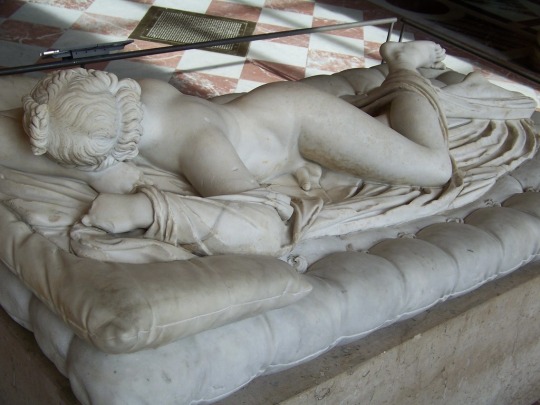
Lines from the poem Sonnet 20 by William Shakespeare (1609) one of his texts most noted for the theme of sexual ambiguity, and the sculpture Sleeping Hermaphroditus, an Imperial Roman copy of a Hellenistic original by Polycles (circa. 155 BC) rediscovered during the early 1600s and subsequently accented with a marble pillow sculpted by Bernini in 1620; now housed in The Louvre, Paris.
#literature#english literature#dark academia#aesthetic#poetry#art#history#roman#imperial rome#ancient greece#hellenistic#hellenic art#greek art#roman art#hermaphrodite#lgbtq#lgbtqia#shakespeare#renaissance#italian renaissance#english renaissance#bernini#louvre#paris#sculpture#beauty#web weaving#ancient art#marble statue#gender
269 notes
·
View notes
Text

“Man is the only creature who refuses to be what he is.”
― Albert Camus
Sculpture: Ernst Herter "Dying Achilles"
#classical literature#classics#albert camus#existentialism#quotes#classical quotes#poetry#classical poetry#ancient greek#greek posts#greek tumblr#greek quotes#greek gods#greek poetry#roman empire#ancient rome#ancient#the song of achilles#madeline miller#natalie haynes#book quotes#quotations#words#booklr#books & libraries#books#bookblr#books and reading#biblophile#classical academia
89 notes
·
View notes
Text
October 15th? You mean Virgil's birthday???🐝🐝🎉🎉🎉

#virgil#vergil maron#vergil maro#publius vergilius maro#ancient literature#ancient poetry#ancient rome#spqr#roman empire#divine comedy#the divine comedy#yassification of publius vergilius maro#virgil tag
85 notes
·
View notes
Text
"But why would Ovid write a story like that though?"
Did y'all not learn anything about the ancient Romans in your history classes.
Because that was what they loved to see on stage. Sex, violence, scandal, blood, gore, those people lived for that shit.
Ovid was no historian or chronicler. He was a poet, an entertainer. His job was to write to entertain, or he would never make any money doing what he did. How else was he going to make his living, if he didn't cater to his audiences, give them what they wanted, hold their attention, and keep them entertained?
Because when in Rome.
#mother witch ramblings#history#greek mythology#roman mythology#ancient rome#ovid#medusa#metamorphoses#roman poetry
195 notes
·
View notes
Note
Was translating some Martial this afternoon and came across book I: XXXII and I can’t help but leave out a word in translation to make it fit Marcus x Hati:
Amo te, nec possum dicere quare:
(I love you, no, I can’t say why:)
Hoc tantum possum dicere, non amo te.
(All I can say is this, that I don’t love you.)
I love your writing and how well you blend historic Roman culture and sensibilities with modern storytelling. It is just perfection!
Anon, you have no idea how happy this makes me. As an avid Martial fan, I salute you.
Thank you for your kind words, too. Thank you for making my day 🤍🤍
65 notes
·
View notes
Text
I love how, whether intentionally or not, some aspects of DMC Vergil are reminiscent of the poet Vergil. Vergil is “the storm that is approaching.” In the Aeneid, storms are an important plot device. In both book 1 and 4, there’s the idea of the “magno misceri murmure,” the sea/sky starting “to mix with a great roar” in what is obviously a storm. These storms precede important events, namely Neptune’s rebuke of the winds and Aeneas and Dido entering the cave. Moreover, as Urizen Vergil’s goal is to feed the Qlippoth Tree human blood to produce an apple, essentially acting as a sort of grim farmer. The poet Vergil wrote the Georgics, a sort of ode to farming. It’s fitting, then, that the character sharing his name also embodies these elements of his works.
#all DMC Vergil needs now is BEES#latin language#classics#vergil#vergil dmc#dmc5#Georgics#vergil’s aeneid#the aeneid#bury the light#ancient rome#roman literature#roman poetry#classical latin#classical languages
22 notes
·
View notes